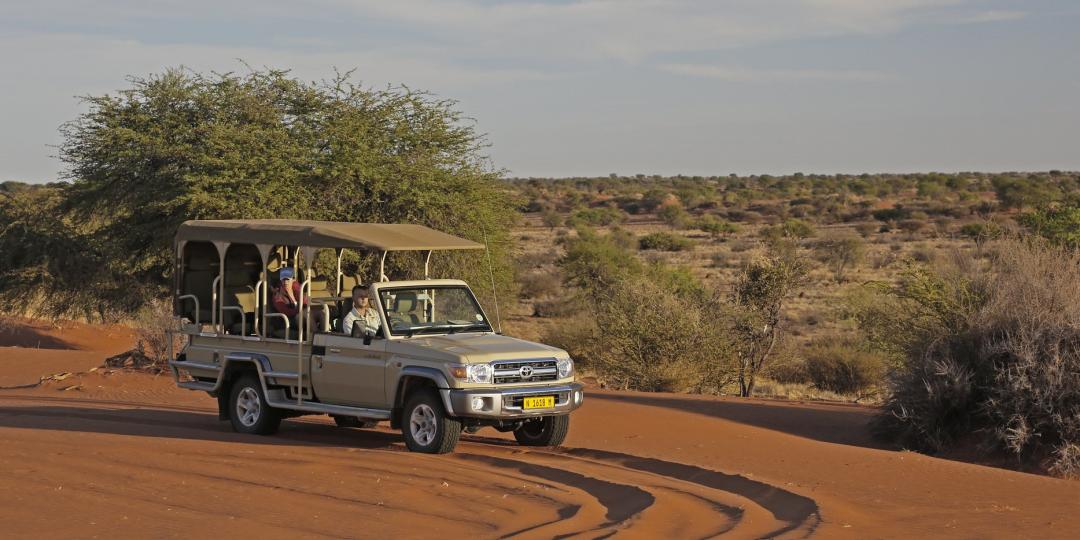Namibia’s new tourist guide registration process is progressing well, and will help to curb illegal tourism operations that are tarnishing the country’s reputation, industry associations have said.
The country’s National Tour Guide Registration database was launched in February, with the aim of professionalising the guiding industry and enhancing quality assurance.
Mureal van Rooyen, Office Manager of the Tour and Safari Association of Namibia, said the industry had provided inputs on the new regulations, which are set to be finalised by the Ministry of Environment, Forestry and Tourism (MEFT) in the coming months.
“All inputs from the industry with regard to the draft regulations and code of conduct have been received by the committee responsible for the compilation of final drafts. They have held their first consultations and will review what was proposed before meeting again to finalise the drafts of these two documents, which will be submitted to the MEFT for legal drafting and gazetting,” said Van Rooyen.
She said the regulations were a crucial step towards professionalisation.
“At the end of this process, when tourist guides finally have their accreditation, this subsector will also be professionalised, and genuine tourist guides will be protected from chance takers.”
Van Rooyen noted that once accredited, tourist guides would have access to loans and other services offered to other professions.
“At the same time, the government will benefit from the tax payments that these registered tourist guides will be liable to pay,” she added.
Data collection needs attention
Meanwhile, insufficient data collection on the industry has been identified as a significant impediment to growth, according to Gitta Paetzold, CEO of the Hospitality Association of Namibia (HAN).
“We are acutely aware of the lack of concise data on the full tourism spectrum, including border arrival figures, car rental, aviation, tour operations and activities and the catering sector, all of which make up the full impact and value of the hospitality and travel sector,” she said.
While HAN compiles monthly accommodation statistics drawn from its members, Paetzold said a complete data reflection of tourism performance would “shine an even brighter light on the socio-economic potential that tourism holds for Namibia” and may result in “key decision-makers and authorities giving greater consideration” to the sector.
“HAN remains committed to its data collection efforts, convinced that the tourism sector deserves and needs full recognition for its true impact on society and urges all stakeholders, including the Ministries, SOEs, and other entities to collect and share data regularly to Namibians to realise the full potential and impact of the tourism industry,” Paetzold emphasised.
Van Rooyen pointed out that the tourist guiding database would not only provide credibility, but also assist with data collection efforts.
“The country will benefit from having accurate figures on this subsector as part of the Tourism Satellite Account database.”






















